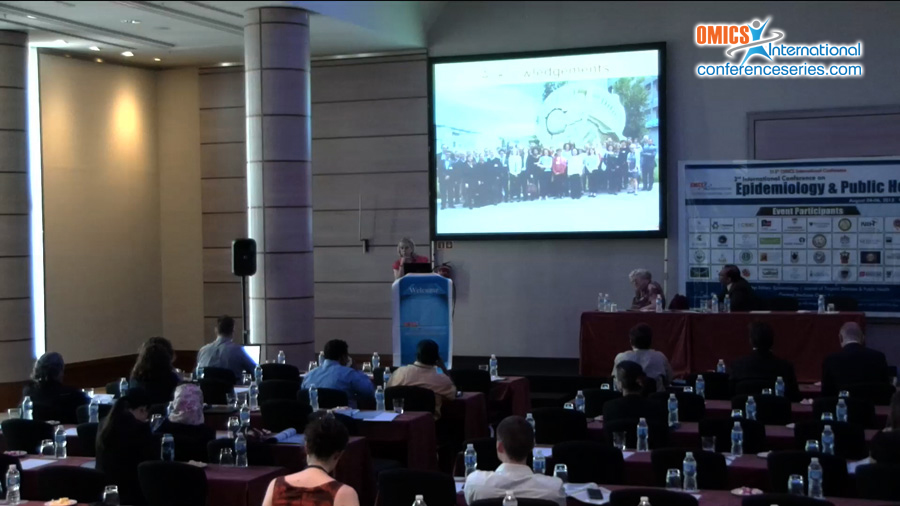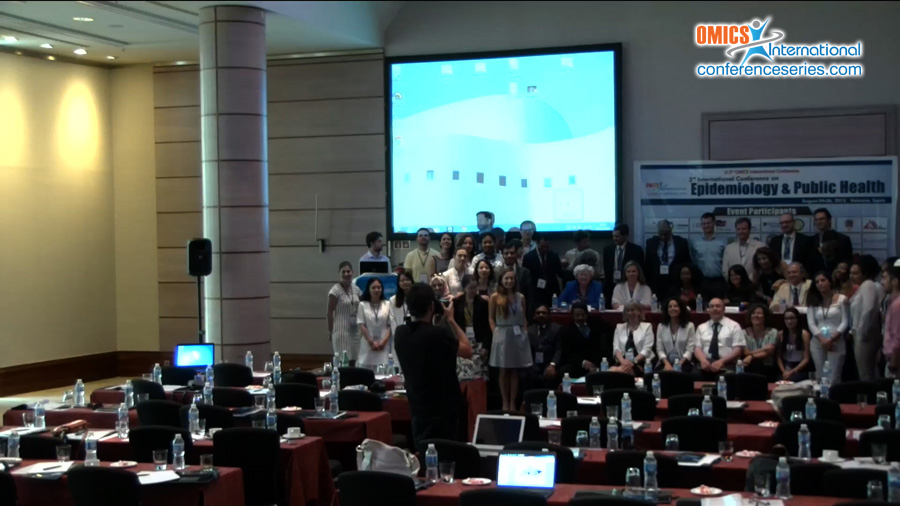
Tatiana V Macfarlane
University of Aberdeen, United Kingdom
Title: Aspirin use and risk of Head and Neck Cancer: evidence from the INHANCE consortium
Biography
Biography: Tatiana V Macfarlane
Abstract
BACKGROUND: Aspirin and other non-steroidal anti-inflammatory drugs (NSAIDs) are widely used as analgesics and preventative agents for vascular events. Few studies have investigated the role of NSAIDs specifically for head and neck cancer (HNC), and the results are not consistent. AIM: The aim of this study was to examine the effect of aspirin on the risk of HNC within the International Head and Neck Cancer Epidemiology (INHANCE) Consortium (http://www.inhance.utah.edu). METHODS: Individual data were available from seven case-control studies conducted in ten countries (4372 cases and 7361 controls). Logistic regression with studies treated as random effects was used to estimate odds ratios (ORs) and 95% confidence intervals (CIs) adjusted for age, gender, education, smoking, alcohol consumption and body mass index. RESULTS: Prevalence of regular aspirin use (at least once a week for year) varied between studies (2% - 57%), and majority of participants (89%) used it for cardiovascular prevention. Regular aspirin use was associated with an overall risk reduction of HNC (OR 0.80, 95% CI 0.76, 0.85). Analysis by duration showed further reduction with long term use (10 years or more OR 0.75, 95% CI 0.62, 0.90; test for trend P=0.006). We found an inverse association for all sub-sites (OR 0.81, 95% CI 0.65, 1.00 for oropharynx, OR 0.38, 95% CI 0.26, 0.55 for hypopharynx and 0.75 95% CI 0.67, 0.85 for larynx) except oral cavity (OR 1.04 95% CI 0.89, 1.21).
Speaker Presentations
Speaker PDFs
Speaker PPTs Click Here


